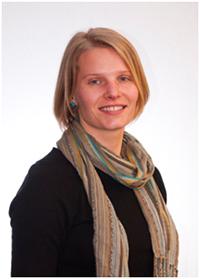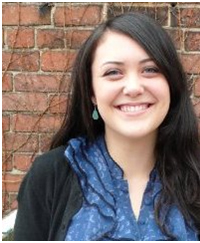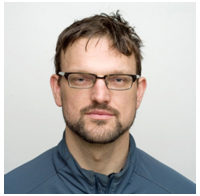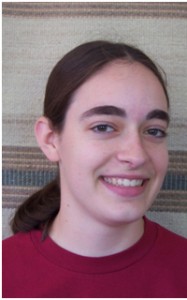Alumni

Elizabeth Durfee
As a NOAA Coastal Management Fellow, Liz works for the Michigan Coastal Zone Management Program and Michigan Sea Grant researching working waterfronts and land use in coastal communities. At UofM, Liz studied Sustainable Systems and Urban Planning and Design and worked with a team of SNRE students to address sustainable redevelopment in Detroit for her master’s project. While earning her M.S./M.U.P. Liz worked as a caretaker at the Nichols Arboretum and interned with the Ecology Center, Center for Sustainable Systems, and Legacy Land Conservancy. Prior to joining SNRE and TCAUP, Liz worked as an Americorps VISTA with the Urban Ecology Institute in Boston, MA, where she developed community tree planting programs and with the New Hampshire Coastal Program in Portsmouth, NH, where she coordinated a volunteer biological stream monitoring program. Liz earned a B.S. in Environmental Conservation from the University of New Hampshire in Durham, New Hampshire. Among her interests include watershed planning and management, climate adaptation, urban design, and permaculture.

Jen Horton
Jen Horton is a Planning and Policy Fellow at EPA’s Office of Sustainable Communities in Washington, D.C. Working in this position, Jen provides policy and research support to help better incorporate smart growth approaches in rural settings and environmental justice communities. She also analyzes the impacts of federal, state, and local regulations and policies on local communities’ abilities to implement smart growth development. Currently, she is managing the “Strong and Livable Communities in Appalachia” Program that provides direct technical support and targeted training to seven communities in Appalachia to help preserve the existing rural landscape, while also helping promote economic development and land use strategies that improve the quality of life for Appalachian residents. Jen’s ultimate career goal is to continue working on developing policies and strategies that directly help local communities make land use and development decisions that protect and sustain the environment, while distributing the positive outcomes of this type of development and growth equitably. While at the University of Michigan, Jen concentrated in environmental justice and environmental land use planning. While in graduate school, she taught as a graduate student instructor in UM’s Sociology Department, worked as an intern in Washtenaw County’s Brownfield Program, and provided research and GIS support to The Multicultural Environmental Leadership Development Initiative (MELDI). In her spare time, Jen enjoys exploring her new city, playing her viola, and reveling in all of the spare time she has now that she has completed graduate school.

Joel Howrani Heeres
LEED-AP
Joel is a passionate advocate for sustainability as a force through which cities can revitalize, thrive, and innovate. A graduate of UM SNRE and Urban Planning, his wide ranging skills include policy and program development, data analysis and systems, and the design and facilitation of public processes. Joel has been at WARM Training Center and the Southeast Michigan Regional Energy Office since March 2010, serving as the Sustainable Communities Coordinator, a technical advisor to local governments around energy, climate, and sustainability issues. He was the main staff providing technical assistance to 41 local government recipients of federal energy efficiency grants. In addition, Joel has helped design and conduct climate and sustainability planning efforts in 11 communities throughout Southeast Michigan.

Melinda Morang
Melinda Morang is a product engineer at Esri, the company that makes the ArcGIS software for Morangmapping and spatial analysis. As part of the Network Analyst development team, Melinda’s job is to envision improvements to the software’s transportation modeling and analysis capabilities and to provide programmers with ideas, guidance, and testing. She is currently working to increase the software’s ability to handle public transit and pedestrian networks. Prior to starting the MS/MUP program at the University of Michigan, Melinda earned a B.A. in physics from the University of Chicago and an M.S. in physics from the University of Michigan.

